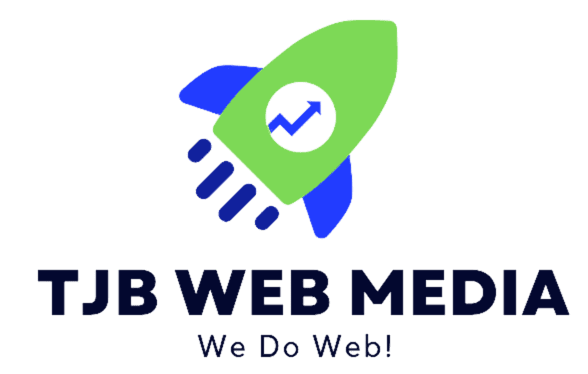Email marketing stands as a resilient and dynamic tool in the digital marketing arsenal, capable of fostering business growth through its direct and personalized approach. As businesses navigate the complexities of modern marketing landscapes, email marketing emerges as an effective strategy, leveraging its ability to build relationships, enhance brand awareness, and drive sales. This article delves into the multifaceted benefits of email marketing and provides insights into how it can be an instrumental part of a business’s growth strategy.
How Email Marketing Can Be Effective for Business Growth
Personalized Communication
One of the cardinal strengths of email marketing is its capacity for personalization. Unlike broad-spectrum advertising, emails can be tailored to fit the individual preferences and behaviors of each recipient. This personal touch not only increases engagement rates but also strengthens the connection between a brand and its customers. Personalized emails, which may include recommendations based on past purchases or customized messages on special occasions, significantly enhance customer experience and loyalty. This tailored approach ensures that customers receive relevant content, making them more likely to engage with the brand and make purchases.
Cost-Effectiveness
Email marketing is renowned for its cost-effectiveness. With minimal investment, businesses can reach a vast audience, making it an attractive option for companies of all sizes. The return on investment (ROI) for email marketing can be remarkably high, with some studies indicating an average return of $42 for every dollar spent. This efficiency stems from the direct nature of email marketing, where messages are delivered straight to the inboxes of potential or current customers without the need for expensive advertising spaces or materials.
 Measurable Results
Measurable Results
The ability to track and analyze the performance of email marketing campaigns is another advantage. Modern email marketing platforms provide detailed analytics, including open rates, click-through rates, and conversion rates. These metrics allow businesses to measure the effectiveness of their campaigns and make data-driven decisions to optimize future efforts. By understanding what resonates with their audience, companies can refine their strategies, improving the relevance and impact of their communications.
Building Relationships
Email marketing excels in building and maintaining customer relationships. Regular, thoughtful communication can keep a brand at the forefront of customers’ minds, reinforcing their connection to the company. Newsletters, for instance, can keep customers informed about new products, company news, or upcoming promotions. This ongoing dialogue fosters a sense of community and loyalty, which is crucial for business growth. Moreover, email allows for two-way communication, where customers can provide feedback, further enhancing the relationship and allowing businesses to adapt to their audience’s needs.
Driving Sales and Conversion
Email marketing directly contributes to driving sales and conversions. Targeted promotions, exclusive deals, and personalized product recommendations can encourage recipients to make a purchase. Furthermore, email campaigns can be designed to guide potential customers through the sales funnel, from awareness to consideration, and ultimately to the decision stage. By delivering timely and relevant content, businesses can effectively nudge prospects towards making a buying decision.
Enhancing Brand Awareness
Each email sent is an opportunity to increase brand awareness. Even if recipients do not open every email, the consistent presence in their inbox keeps the brand visible and relevant. Over time, this continuous exposure contributes to brand recognition and recall. By maintaining a consistent tone, style, and messaging, businesses can strengthen their brand identity and differentiate themselves in a crowded market.
Leveraging Automation
The advent of automation in email marketing has further amplified its effectiveness. Automated email sequences can be triggered by specific actions, such as subscribing to a newsletter or abandoning a shopping cart. This timely and relevant communication can enhance the customer experience, increase engagement, and boost sales without requiring constant manual intervention. Automation ensures that businesses can maintain a consistent and strategic communication flow with their audience, maximizing the impact of their email marketing efforts.
Challenges and Best Practices
Despite its advantages, email marketing faces challenges, including high competition and the potential for emails to be marked as spam. To navigate these obstacles, businesses should focus on best practices such as segmenting their audience, maintaining a clean email list, and ensuring content is engaging and valuable. It’s also crucial to comply with regulations such as the General Data Protection Regulation (GDPR) in Europe, which governs the use of personal data in marketing. Email marketing remains a potent tool for business growth, offering personalized communication, cost-effectiveness, measurable results, and the ability to build strong customer relationships. Its role in driving sales, enhancing brand awareness, and benefiting from automation makes it an indispensable strategy in the digital marketing ecosystem. By adopting best practices and navigating its challenges, businesses can harness the full potential of email marketing to foster significant growth and success.


 Measurable Results
Measurable Results